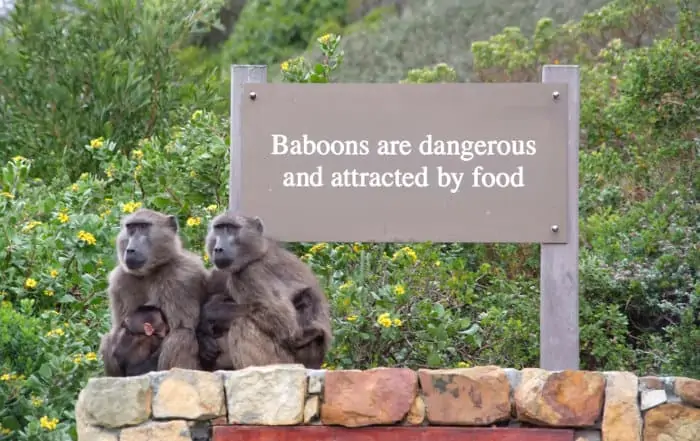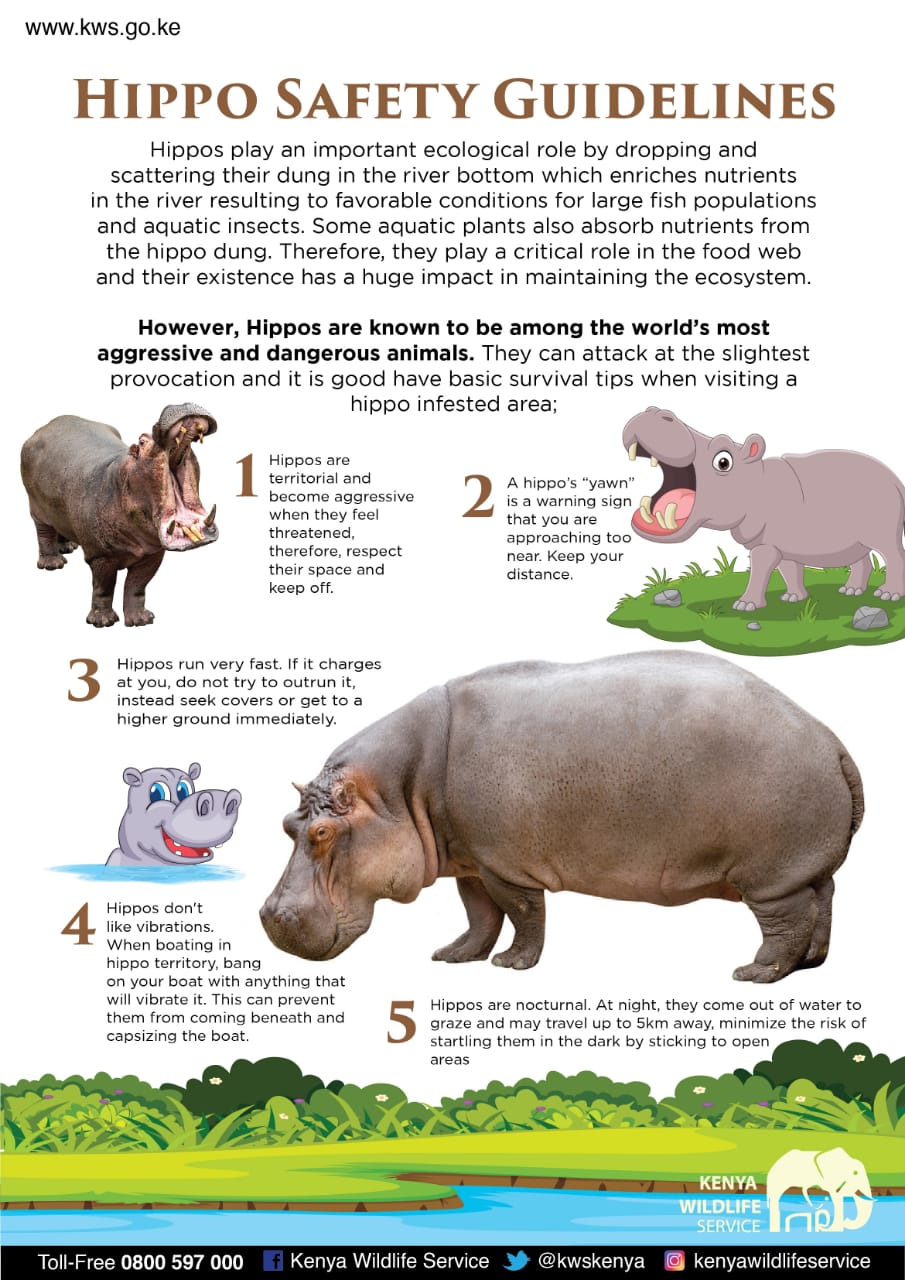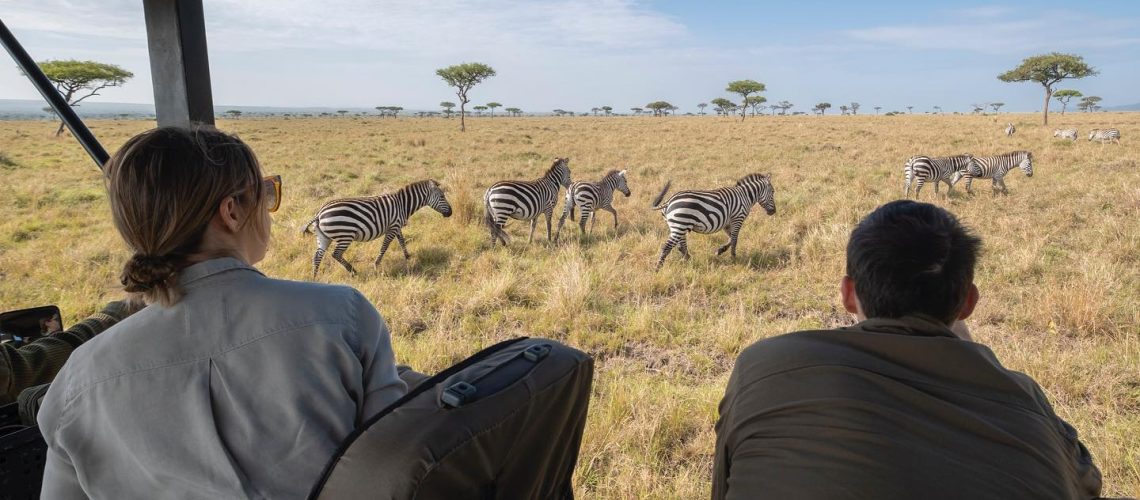What Not to Do on a Safari in Africa – 10 Things to Avoid on Your Wildlife Adventure
Embarking on a safari in Africa is an exhilarating experience, offering the opportunity to witness magnificent wildlife and explore breathtaking landscapes. It’s important to be mindful of certain behaviours and actions to ensure a safe, respectful, and memorable safari.
This article presents ten things to avoid on your African safari, helping you make the most of your wildlife adventure while preserving the natural environment and respecting the animals that call it home.
1. Getting Too Close to Wildlife:
One of the golden rules of a safari is to maintain a safe distance from wildlife. Respect their space and avoid approaching or attempting to touch them. Remember that you are a guest in their natural habitat, and interfering with their behaviour can be dangerous for both you and the animals.
2. Feeding Wild Animals:
The safari authorities strictly prohibit feeding wild animals. Human food is not part of their natural diet and can cause health problems or disrupt their natural behaviour. Feeding wildlife can also create dependence on human sources, leading to potential conflicts and harmful consequences for their survival.

3. Making Loud Noises or Sudden Movements:
Maintain a calm and quiet demeanour while on safari. Loud noises and sudden movements can startle the animals, causing stress and potentially altering their behaviour.
Keep conversations at a moderate volume and follow the instructions of your experienced guide to ensure a peaceful environment for both you and the animals.
4. Going Off-Trail or Vehicle:
Respect the designated paths and roads provided by your safari guide. Venturing off-trail can harm the fragile ecosystem and disturb the wildlife’s natural habitat. It is essential to follow the instructions of your guide and stay within the designated areas to minimize your impact on the environment.
5. Disregarding Safety Guidelines:
Always prioritize safety on safari. Listen to your guide’s instructions regarding animal encounters, vehicle protocols, and general safety guidelines. These measures are in place to protect both you and the wildlife, ensuring a secure and enjoyable experience for everyone.

6. Using Flash Photography:
Avoid using flash photography while photographing wildlife. Flash can startle or irritate the animals, and some species may even have adverse reactions to the sudden burst of light. Opt for natural lighting and respect the animals’ space and comfort.
7. Leaving Behind Trash or Litter:
Maintain the pristine beauty of the safari destinations by leaving no trace behind. Dispose of your trash properly and avoid littering. Keep in mind that even minor items like cigarette butts or plastic wrappers can have a significant impact on the environment and wildlife.

8. Ignoring Local Customs and Traditions:
Another rule to observe while in African Parks are to Respect the local customs and traditions of the communities you encounter on your safari. Be mindful of cultural sensitivities and seek permission before photographing individuals or their property. Engage in meaningful and respectful interactions, fostering a positive cultural exchange.
9. Overlooking Conservation Efforts:
Take the opportunity to learn about the conservation efforts in the area you visit. Support ethical and sustainable tourism initiatives that prioritize the preservation of wildlife and their habitats. Contributing to conservation efforts can make a positive impact and help protect these incredible ecosystems for future generations.

10. Rushing and Focusing Solely on the “Big Five”:
Avoid the temptation to rush through your safari experience and solely focus on the “Big Five” (lion, leopard, elephant, rhino, buffalo). Take the time to appreciate the diverse flora and fauna, from the smallest insects to the colourful birds.
Embrace the holistic safari experience, immersing yourself in the beauty of nature and appreciating all its intricate details.
Conclusion:
A safari in Africa is an extraordinary adventure that allows you to connect with nature, witness remarkable wildlife, and create lifelong memories.
By avoiding these ten things and adopting responsible and respectful behaviours, you can ensure a safe, meaningful, and sustainable safari experience.
Remember to cherish the natural world around you, embrace the serenity of the wilderness, and leave a positive impact on the fragile ecosystems you encounter. Happy exploring!
Start Planning Your First African Safari. Get In Touch With Us Now To Start Planning.
Cheetah Safaris has fantastic, experienced safari experts available and prepared to assist you in creating a once-in-a-lifetime beach holiday experience. Fill in Our Contact Form with the details you want or send us a WhatsApp text to reach us at +254780337652.
